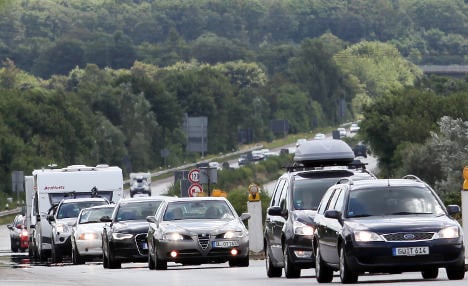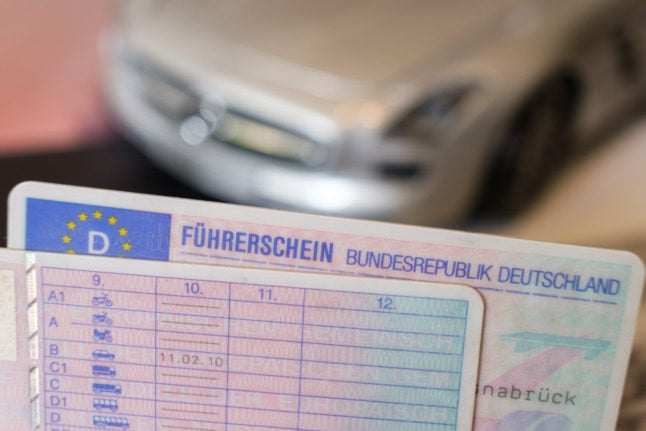Nearly 180,000 cases against people who broke traffic rules were simply dropped over the last two years, the Hamburger Morgenpost newspaper reported on Wednesday. Many of these were people who broke parking rules, avoiding potential fines of €15.
Parking fines must be processed within three months, which is plainly not enough time for the authorities to act, conservative politician Klaus-Peter Hesse said. He called for the processes to be speeded up, and the time limits extended.
The paper said that speed cameras were also unreliable, with 362 cases in the first half of this year being dropped because the picture was not clear enough.
Of these, in 274 cases the problem was that the driver was a different gender to the car’s owner, which seems to have been so confusing for the authorities that they simply dropped the cases.
Tracking down foreigners also seems to be particularly difficult for the police, with authorities admitting that cases against them were very rarely pursued.
Nearly 16,000 were dropped because the person concerned lived abroad, while nearly 24,000 people escaped fines because their address could not be found.
A European Union rule dating back to October 2011 which should make such cases easier for the authorities to follow, has not yet been adopted in Germany, the Hamburger Morgenpost said.
Of the nearly 180,000 cases dropped between May 2011 and June 2013, more than 28,000 were dropped because they could not be processed before time limit had expired.
A further 2,500 cases were dropped because the driver was of a different gender to the car owner, while in more than 2,000 cases the driver could not be identified on the speed camera photo.
Another 177 cases could not be processed because the forms filled out by traffic police could not be read.
READ MORE: ‘It’s time Germany got over its speed fetish’
The Local/hc



 Please whitelist us to continue reading.
Please whitelist us to continue reading.
Member comments